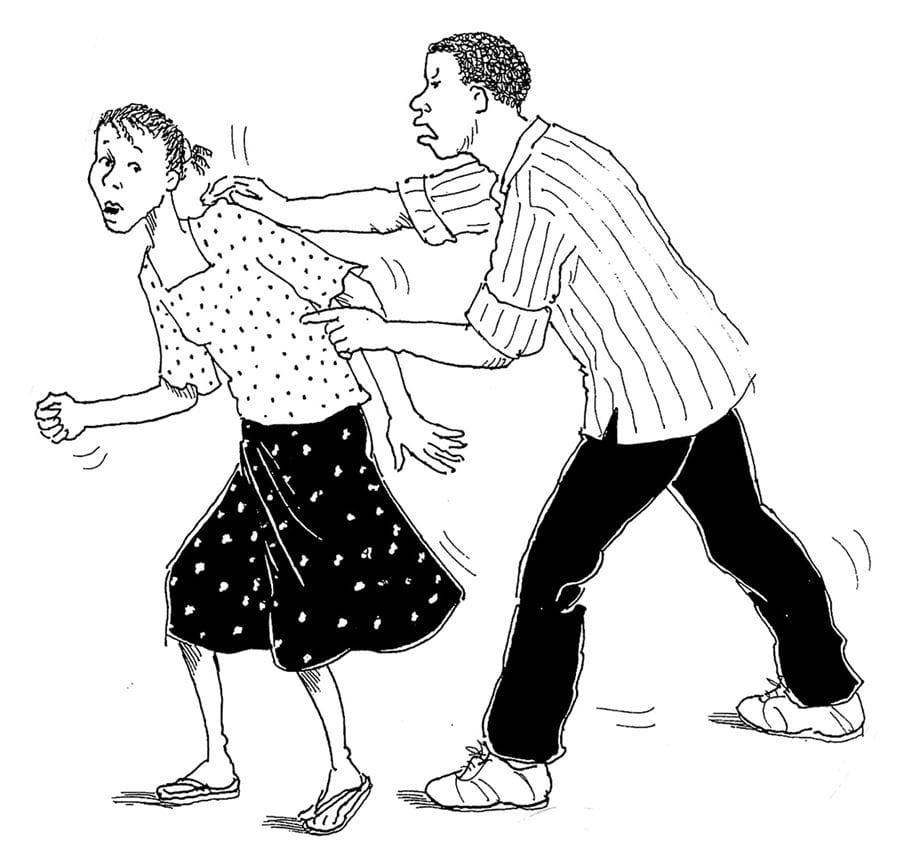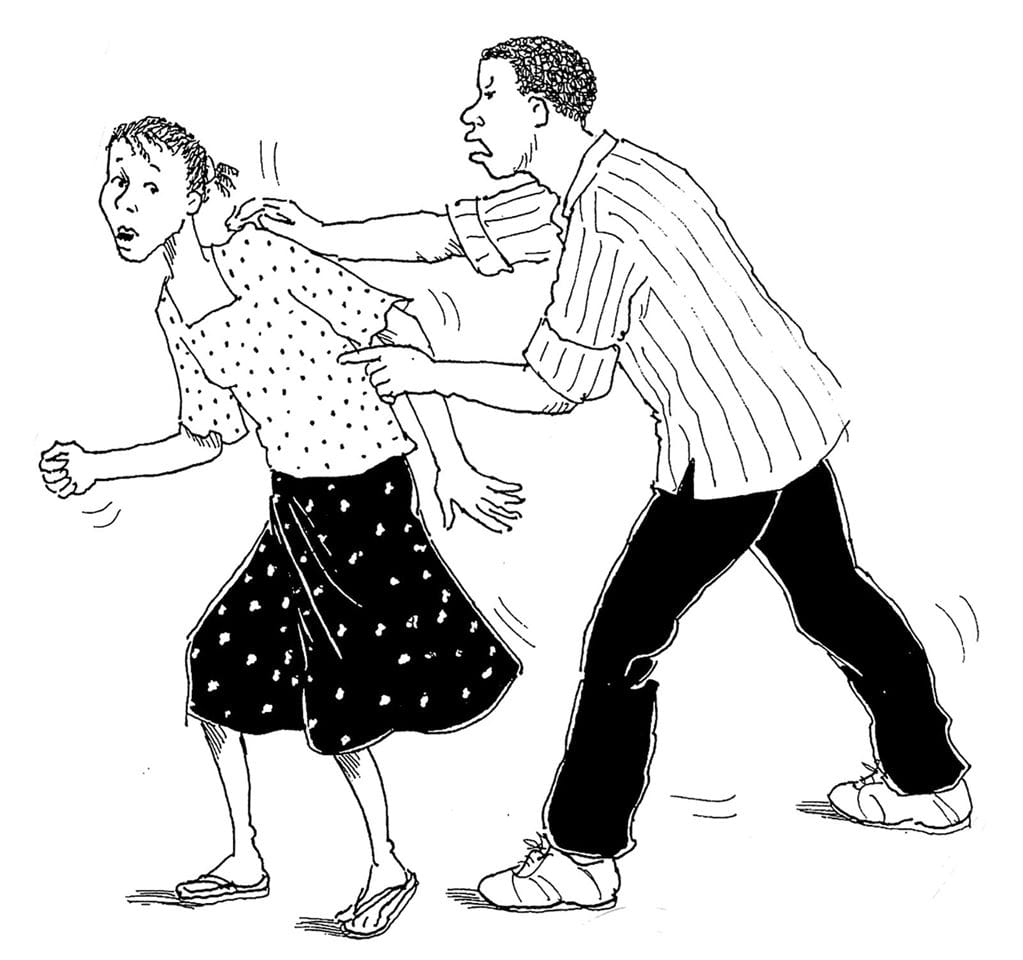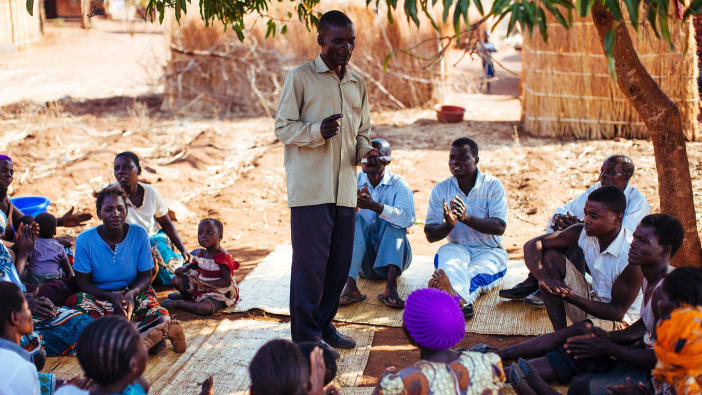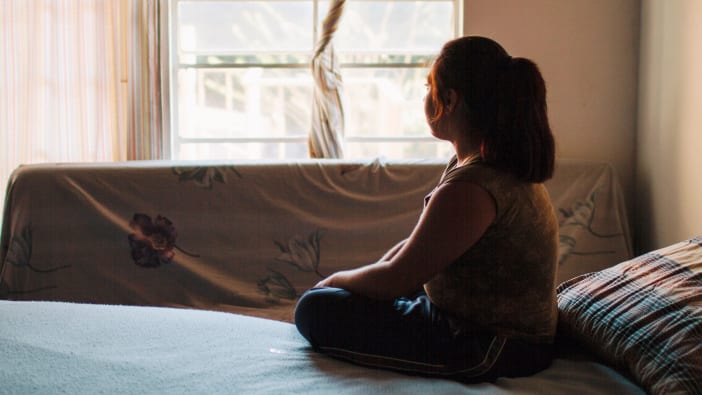Sexual violence is not just something that happens in society today. It has happened throughout history. The story of Tamar illustrates a chain of events that leads to a devastating act: the rape of Tamar. This Bible study can be used as a tool to engage churches and communities with the issue of sexual violence, breaking the silence that often surrounds this subject.
Read 2 Samuel 13:1–22
The story of Tamar is a clear account of a planned act of sexual violence taking place in the house of David. The perpetrator, a half-brother who is full of lust towards his half-sister Tamar, admits to his passion for Tamar and is advised to create a story that would make it easy for him to have access to her.
The sexual violence that results has a severe effect on Tamar: she tears her dress and covers herself with ashes as a symbol of mourning that she has been violated. This story is a reminder that sexual violence is an abuse of human rights. Together, in partnership with all survivors of sexual violence, we need to speak out against it and stand firm. We must join hands in prayer and action for justice and restoration of broken relationships.
Discussion questions
In small groups, share with each other what you think the Bible passage is about. Then as a larger group, discuss the following questions:
- Who are the characters in this story and what do we know about them?
- What is the role of each of the male characters in the rape of Tamar?
- What does Tamar say and do? Why does she act in that way?
- What opportunities were there during this story for sexual abuse to have been avoided?
- Tamar spoke out against her abuse both before and after it happened. What was the response to this? What is the response to women who speak out in our culture?











